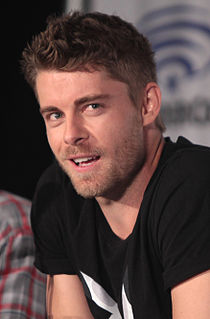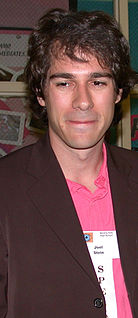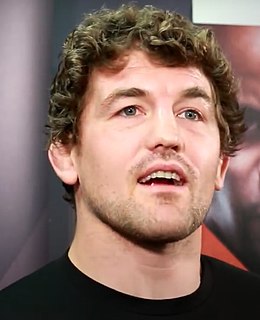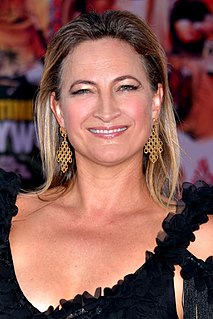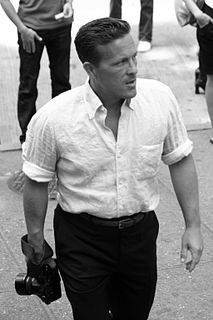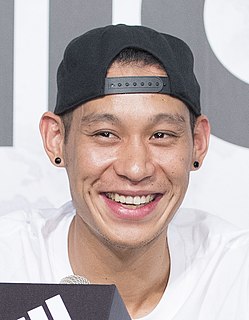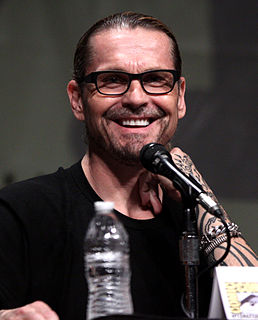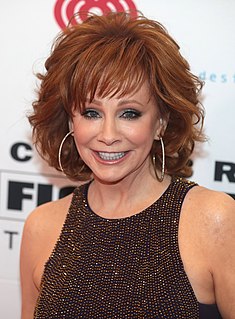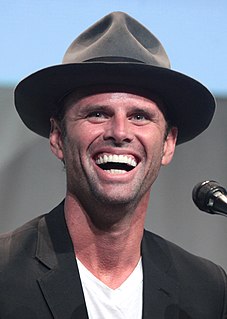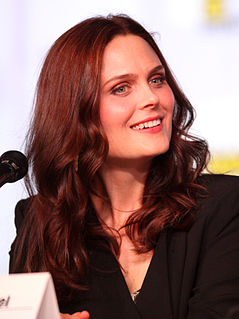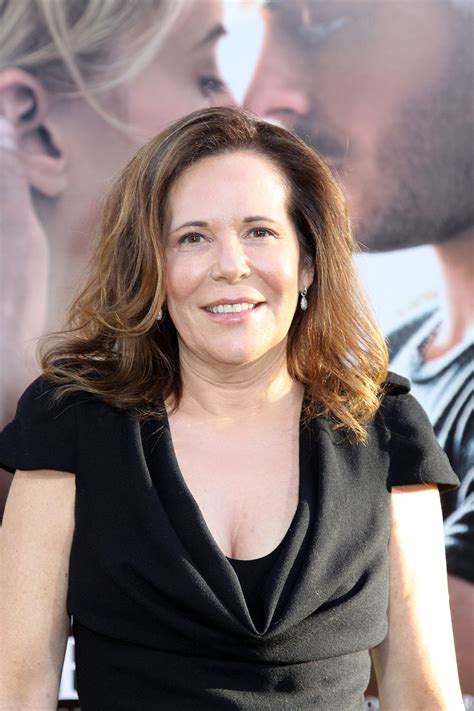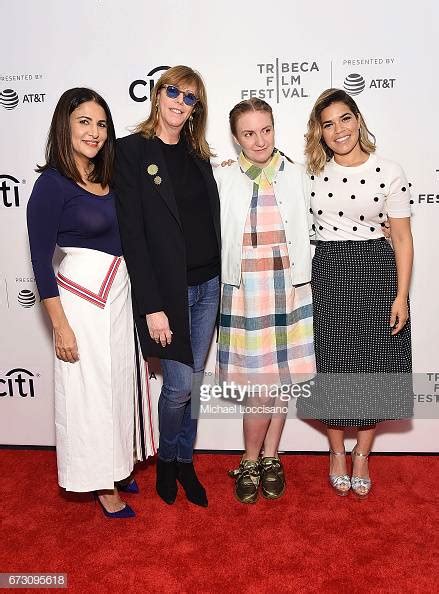A Quote by Luke Mitchell
I like to see what happens to people when they're thrown into really crappy situations. I think it's really interesting to watch what decisions they make, how they deal with the feelings they have.
Related Quotes
You don't really want an army of people making individual decisions. And I don't think I completely understood that until people gave me examples of what happens when your army takes over your government and it's like, "Oh, yeah, I guess you can't really have people make individual moral decisions."
So I think there's a lot of people who are really interested to see how good I really am, because they know I'm good, but they're not really sure how good. They want to see that, and there's definitely interest in that, but because of some other people's shortsightedness, maybe it never really happens.
I think in Japan I think there is a lot of style and a lot of subcultures, but it will be interesting to see how much of them... how much of the people wearing those clothes are really expressing something about who they are or who they want to be and it will be very interesting to see, especially once you get there, once you get to a certain city like in Stockholm you really get to know the people a little bit and what they're saying through their clothes. It's more... To me I think it's much more interesting than just the clothes they're wearing or the length of the skirt.
I think one of the most rewarding experiences in life is to see people come to Christ and make lifestyle changes. When that happens, you definitely see God behind it. This year we've seen eight students make first-time decisions for Christ and when I see that, it's a great feeling. I'm really thankful that God is changing somebody, or sometimes he's changing me.
The ways in which people are damaged are the ways in which they're strong. It's what makes people interesting - what they've overcome and how, and what they haven't and how that's become a good thing. Almost everyone's life is both a gorgeous story and a tragedy. I think being alive is really, really hard, and I'm constantly stunned and amazed by people who make it interesting and beautiful.
The real question for me is, do people have the tools that they need in order to make those decisions well? And I think that it's actually really important that Facebook continually makes it easier and easier to make those decisions... If people feel like they don't have control over how they're sharing things, then we're failing them.
Whenever you show up on a set where you haven't been from the beginning - at least myself - I'm kind of quiet. I just watch the politics and how everything unfolds. It's kind of like going to a new high school. You want to see who everyone is before you introduce yourself, really, to kind of make friends. I think any smart person does that in social situations
I think I've had pretty good experiences for the most part with the people who have directed my screenplays. It's more that I wanted to see what it would be like if I didn't have to collaborate with anybody, to have a sense of purity of the thing from beginning to end. I liked doing it. It's really different from writing. Directing is a more pragmatic experience, where you have to deal with the restrictions of time and money that force you to make certain decisions you don't have to make when you're writing.
It can sometimes make people fold into themselves and kind of run away, but I think in this case these characters are being forced to face issues and emotions, feelings, that they have. So it kind of forces them to face it head on, which I think is a really interesting dynamic. And I think it should be interesting and probably a good thing for the relationship.
It's when people come at you on Twitter and say really crazy things. That's the kind of stuff that I insulate myself from. All of that is not very interesting or helpful, but we have critics who sometimes really love us or sometimes don't, and it's really interesting for me to see what they don't like about it.
